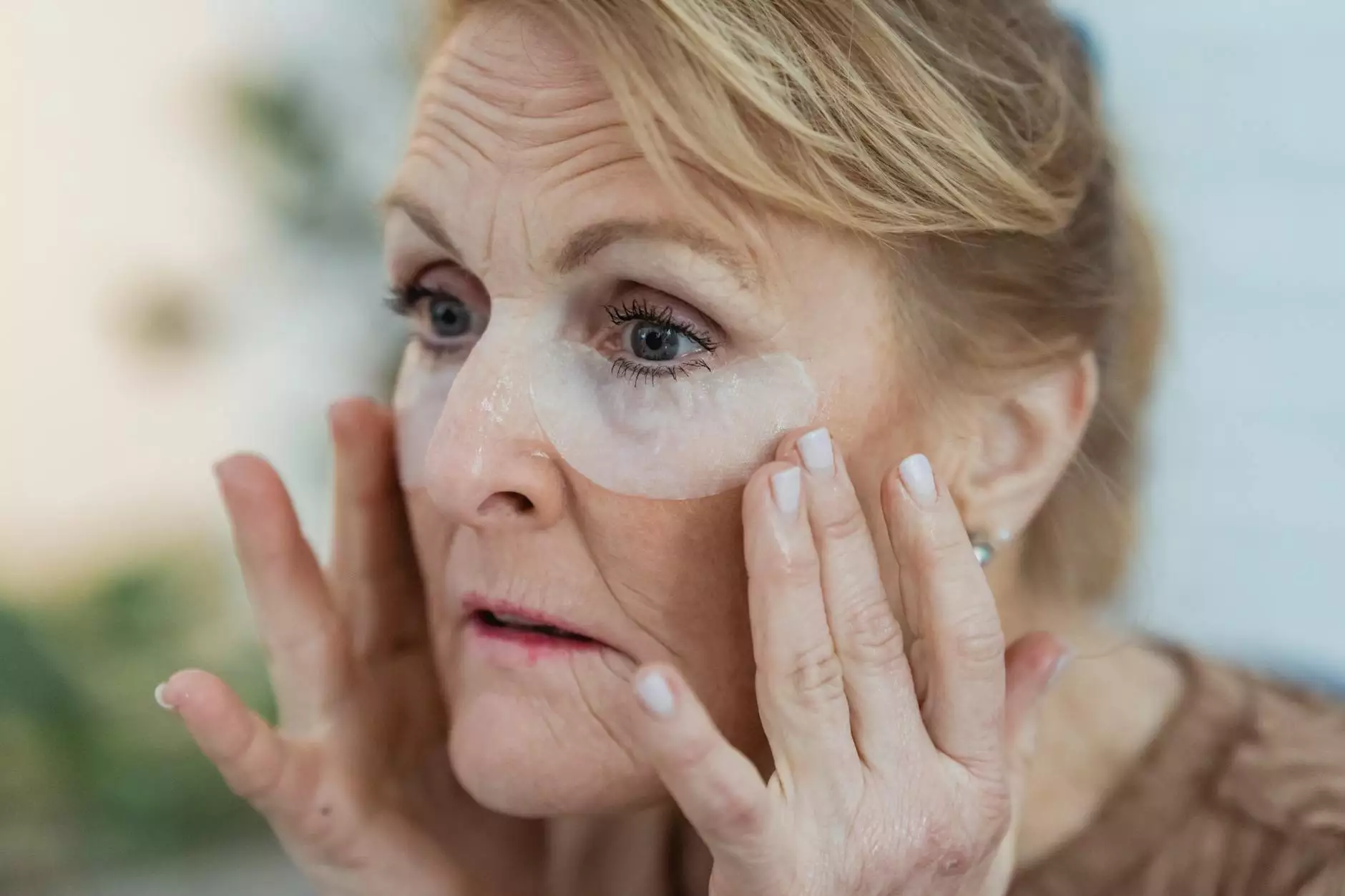Common causes of allergic contact dermatitis - Dr. Betty Bellman
Skin Care
Understanding Allergic Contact Dermatitis
Allergic contact dermatitis (ACD) is a common skin condition that occurs when your skin comes into contact with a substance that triggers an allergic reaction. Dr. Betty Bellman, a renowned dermatologist at Smith, Arthur F, MD, specializes in diagnosing and treating ACD, offering valuable insights into its common causes.
The Role of Allergens in ACD
One of the primary causes of ACD is exposure to allergens, substances that can trigger an immune response in certain individuals. These allergens can be found in everyday items such as:
- Fragrances: Perfumes, colognes, and scented products can contain allergens that may cause ACD in susceptible individuals.
- Nickel: Commonly found in jewelry, watches, and clothing, nickel is a known allergen, especially for those with sensitive skin.
- Preservatives: Certain preservatives used in cosmetics, skincare products, and even some medications can cause ACD.
- Latex: Individuals with latex hypersensitivity can develop allergic reactions when in contact with latex gloves, rubber bands, or other products containing latex.
- Plants: Some plants, like poison ivy, poison oak, and poison sumac, produce allergenic substances that can cause ACD upon contact.
- Metals: Other metals, such as cobalt, chromium, and gold, can also trigger ACD in susceptible individuals.
Other Potential Triggers
Besides allergens, several other factors can contribute to the development of ACD:
- Environmental Exposure: Prolonged exposure to certain environmental irritants can weaken the skin's barrier and increase the risk of developing ACD.
- Occupational Hazards: People working in industries like healthcare, hairdressing, or construction may be exposed to various chemicals or substances known to cause ACD.
- Previous Skin Conditions: Individuals with existing skin conditions, such as eczema or psoriasis, are more prone to developing ACD.
- Genetics: Some studies suggest a genetic predisposition to ACD, making certain individuals more susceptible to allergic reactions.
Prevention Strategies for Healthier Skin
Dr. Betty Bellman emphasizes the importance of preventing allergic contact dermatitis. By following these tips and recommendations, you can minimize your risk:
- Identify Allergens: If you suspect you have ACD, it's crucial to identify the specific substances triggering your reaction. An allergy patch test performed by a dermatologist can help pinpoint the allergens so you can avoid them in the future.
- Read Product Labels: Always read product labels and avoid using skincare or cosmetic products containing known allergens or irritants.
- Wear Protective Gear: If you work in an industry with potential allergen exposure, wearing protective gear, such as gloves or masks, can help minimize contact and reduce the risk of ACD.
- Stay Informed: Keep yourself updated with information about common allergens and potential triggers, enabling you to make informed choices in your daily life.
- Consult a Dermatologist: If you suspect you have ACD or need further guidance, consulting with a qualified dermatologist like Dr. Betty Bellman is essential. They can provide an accurate diagnosis, comprehensive treatment plan, and preventive strategies tailored to your specific needs.
About Dr. Betty Bellman and Smith, Arthur F, MD
Dr. Betty Bellman is a highly experienced dermatologist specializing in the diagnosis and treatment of various skin conditions, including allergic contact dermatitis. Located at Smith, Arthur F, MD, our medical practice aims to provide exceptional care and personalized treatment for patients seeking comprehensive dermatological solutions.
For more information or to schedule an appointment with Dr. Bellman, please contact Smith, Arthur F, MD at XXX-XXX-XXXX or visit our website at http://arthurfsmithmd.com/.










